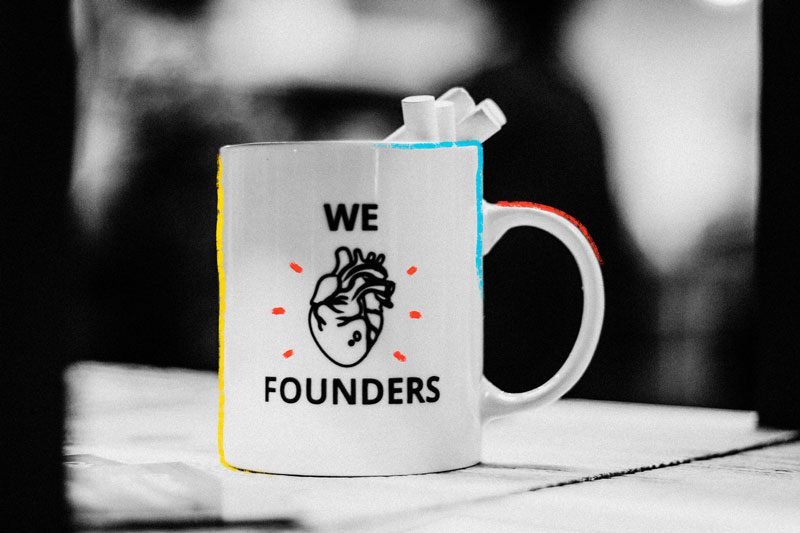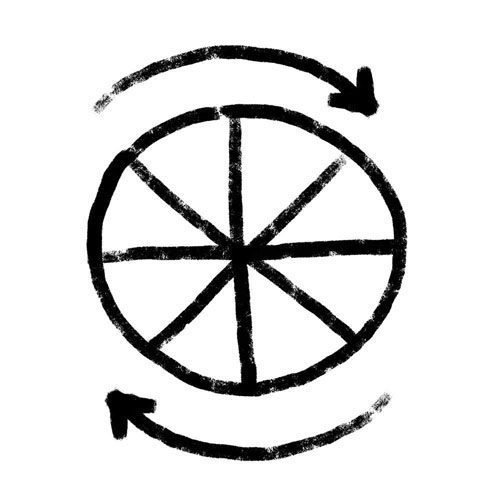Welcome to:
Think Like a Founder

Learn how to:
- Evolve with your company
- Pursue relentlessly its mission
- Solve problems with grit
- Harness collective intelligence
- Inspire and motivate talent
Modeled on how
founders think
Great founders challenge and redefine the status quo, counteracting stagnation and ultimately driving impact. They’re driven by a deep sense of responsibility. They inspire, innovate, and navigate uncertainty. They’re relentless.
Through 30 years of experience working with founders, we’ve seen how they can navigate uncertainty, adapt to changing markets, and inspire their teams. Now, in times like these, we need leaders who think like founders.

Six Mindsets
So we did some research. We interviewed founders globally in addition to our normal work with founders and their teams. We asked pointed questions. Heard their stories. Understood their motivations. Uncovered lessons learned. We’ve studied what others have learned. We’ve landed on six mindsets that are transferable to all leaders.

Student Forever

Team Matters
Bias to Action

Relentless
Mission Focused

Future Oriented
Curriculum

Student Forever

Team Matters
Bias to Action

Relentless
Mission Focused

Future Oriented
END
Founder's stories
think like a founder podcast
Think Like a Founder is a series of conversations with leaders, thinkers, inventors, revolutionaries, problem-solvers, and smart, nice people. Hosted by Maureen Taylor, co-founder of SNP Communications, Think Like A Founder dives deeper into a founder’s mindset and mentality — what makes them tick? The curiosity. The relentlessness. The crazy. The sacrifice. The loneliness. Host, Maureen Taylor (or Mo, as most know her) co-founded SNP Communications more than 25 years ago in Silicon Valley. Since then, she and her co-founder Renn Vara have served behind the scenes, supporting the world’s top companies to grow and mature through the art of authentic communication. Mo looks at what it means to think like a founder. Why? Because she believes great leaders change the world.
